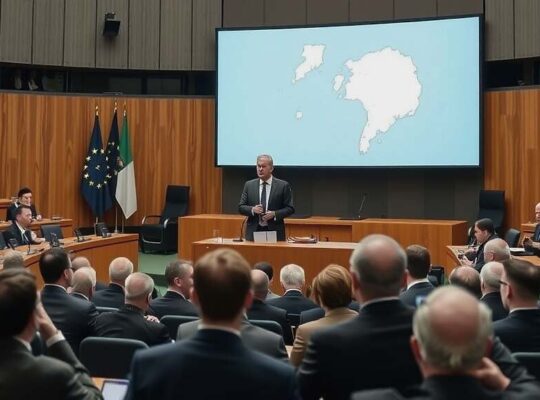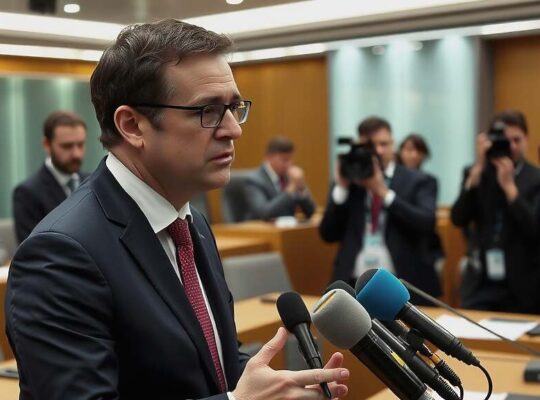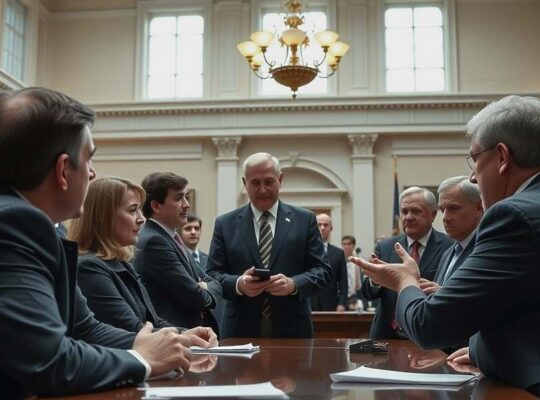The prospective overhaul of Germany’s compulsory military service has encountered a significant, albeit temporary, setback within the ruling coalition, exposing deep-seated disagreements and prompting questions about the government’s ability to enact sweeping policy changes. While a hastily arranged agreement crumbled on Tuesday due to reservations voiced by Defence Minister Boris Pistorius, the SPD politician insists the plans remain on track, albeit requiring substantial refinement.
Pistorius downplayed the disruption, characterizing the week-long pause as a minor delay in a process accustomed to protracted debate. “This isn’t as dramatic as it’s being portrayed” he stated following a meeting of the Defence Committee, emphasizing that debate is a standard feature of legislative development. However, his comments implicitly acknowledge a deeper issue: a compromise proposal, including a lottery system for conscription, appeared to be rushed and lacked thorough consideration.
The Defence Minister was clear about his prior concerns, stating his reservations against the initial coalition agreement were already known. He articulated a fundamental principle: a Defence Minister cannot endorse a policy without full conviction. This position raises critical questions about the government’s decision-making processes and the pressure to deliver on campaign promises under tight timelines. Pistorius’s acknowledgement of referring to the initial proposal as a “lazy compromise” – though he clarified he did not target individuals – suggests a significant disconnect between governmental ambition and practical feasibility.
Reports indicate a particularly contentious exchange with SPD parliamentary group deputy Siemtje Möller, further highlighting internal friction within the governing party. This internal conflict underscores a larger debate concerning the modernization of Germany’s defense strategy and the role of conscription in an increasingly complex geopolitical landscape. While Pistorius maintains a January 1st implementation remains the goal, the current situation suggests a more extensive period of intensive consultation with experts and potentially substantial revisions to the proposed legislation are now inevitable, raising doubts about the original timeline and the potential for a fractured implementation. The incident also exposes the inherent challenges of consensus-building within a coalition government, particularly on politically sensitive issues with implications for national security and social conscience.












